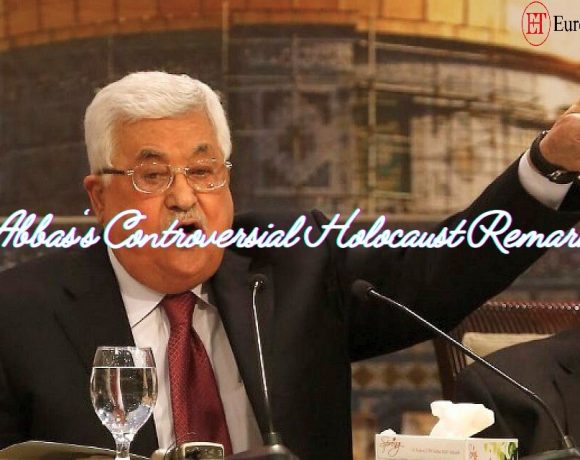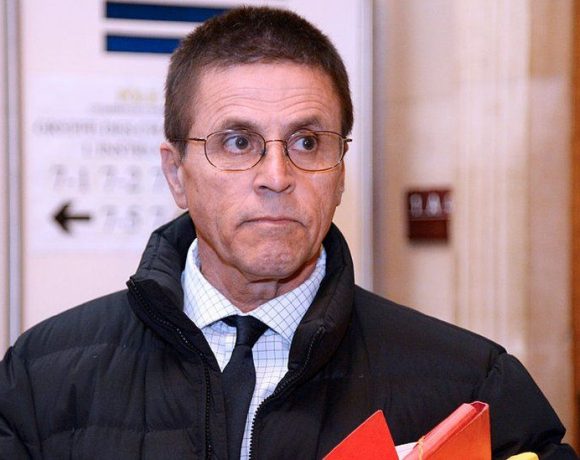
Germany has taken action to prohibit Hammerskins, a neo-Nazi group infamous for organizing far-right concerts and distributing racist music. This move is seen as a strong stance against racism and antisemitism, with 28 leading members’ residences being raided across the country.
Hammerskins, which originally originated in the United States in the late 1980s, is believed to have around 130 members in Germany. The German authorities have labeled this ban as a significant blow to organized right-wing extremism and the cruel activities of an internationally active neo-Nazi organization.
Nancy Faeser, Germany’s interior minister, emphasized that right-wing extremism remains a substantial threat to democracy and that they will continue to take decisive action. The group’s primary objective was to use concerts as a platform to propagate their far-right ideology.
Hammerskins played a significant role in establishing neo-Nazi music labels, selling antisemitic music, and arranging covert music events. They were linked to venues like Hate Bar in Saarland, where arrests were made for displaying prohibited symbols during far-right concerts as recently as April of this year.
The German authorities collaborated closely with their counterparts in the United States in advance of this ban. Hammerskins, founded in Texas in 1988, expanded its presence across the US and several other countries, operating under a global umbrella known as the Hammerskin Nation.
In Germany, the group had been active since the early 1990s and was regarded as one of the most influential far-right organizations in Europe. It was divided into 13 regional chapters, some of which used names referencing Nazi Germany, and operated similarly to biker gangs. New members were required to complete initiation steps through their supporting group, Crew 38, which has also been banned.
The recent police raids aimed to target leaders of the group in 10 German states and seize the group’s assets. Several members were reported to have licenses to carry weapons. They referred to each other as “brothers” and considered themselves the “elite of the right-wing extremist skinhead scene.”
The group was responsible for organizing Germany’s largest far-right martial arts event, Fight of the Nibelungs, which was banned in 2019. Despite bans on certain activities, Hammerskins continued to organize concerts featuring various neo-Nazi bands.
This ban marks the 20th time that a right-wing extremist association has been outlawed in Germany, according to the interior ministry. Hammerskins was the last major right-wing skinhead organization in Germany following the outlawing of another group, Blood and Honour, in 2000. Blood and Honour had close ties to a neo-Nazi group responsible for 10 racially motivated murders in Germany.
In 2020, Germany also banned Combat 18, another neo-Nazi group associated with far-right concerts. The country’s domestic intelligence agency estimated that there are 38,800 individuals in the right-wing extremist scene, with over a third of them considered “potentially violent.”
Picture Courtesy: Google/images are subject to copyright


